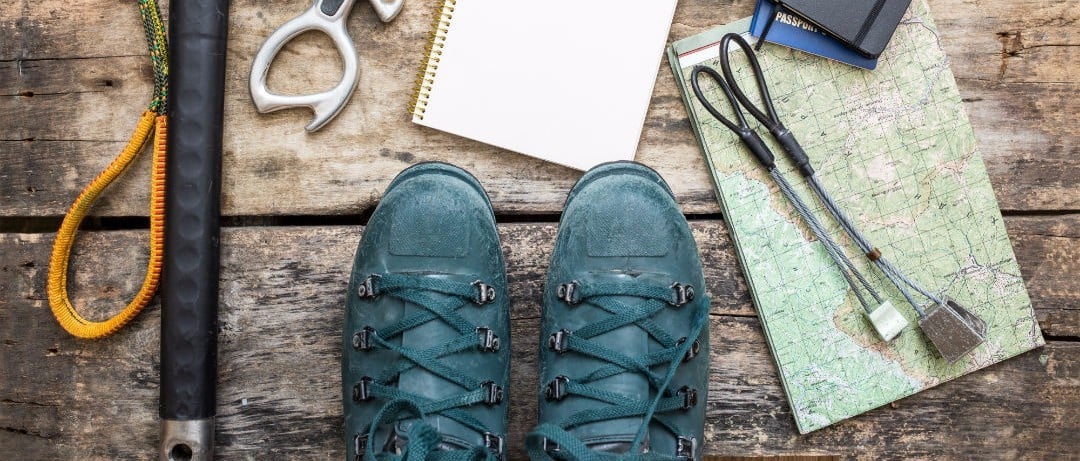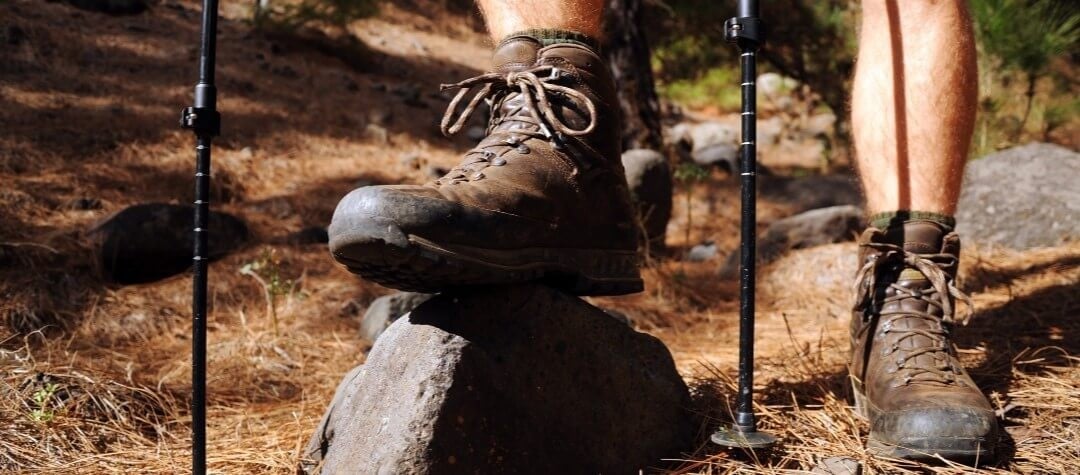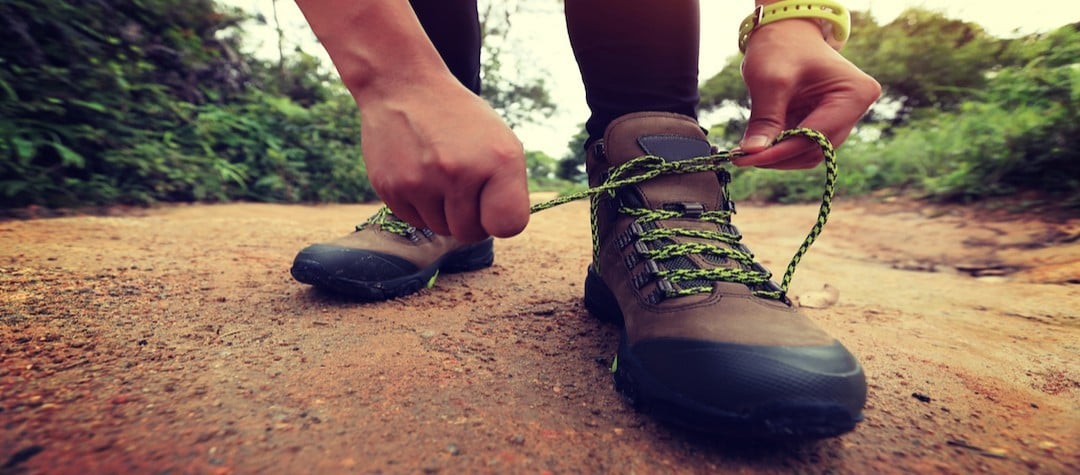From map reading to emergency food, here's our guide to staying safe when out hiking, so that you are prepared for any potential situation.
Learn to navigate when walking
Even if you will be walking with a group you should still learn the basics of route planning, navigation and how to use a map and compass yourself. After all, if the group leader should have an accident who is going to lead you off the hill? Rudimentary map reading skills are very quick and easy to learn.
Preparation and planning for a walk
Take time to plan and prepare for your walking trip. This will be time well spent and the chances of having a successful and enjoyable trip will be far higher if you have prepared well.
Be safe when walking
When taking up hiking it is a very easy and common mistake to underestimate the amount of time you will be out meaning you could be caught out after sunset. Learn to use ‘Naismith’s Rule’ to accurately estimate the time your route will take.
Emergency food
Always carry emergency food such as high-energy, low-weight food bars. You never know when you, or even someone in your group might just be in need of an energy boost.
Emergency communications when out walking
Always take your phone with you (sealed in a waterproof bag) when you are out on the hills. In the event of an emergency it will save valuable time if you are able to contact the emergency services immediately.
First aid
It is well worth taking the time to invest in some basic first aid training as this is useful knowledge to have, not only for hiking and mountaineering. Some basic first aid equipment would be useful.
Weather forecasting
A basic understanding of mountain weather can go a long way to increasing your safety on the hills. Being able to predict the weather either prior to your journey or during your walk is an invaluable tool. This is unlikely to be learned quickly and will come with experience of spotting ‘tell tale’ signs in cloud formations, changes in wind direction and other factors to be help predict future conditions.
Actions in an emergency
No-one wants to think that an accident will ever happen to them but it would be foolhardy to think that this will always be the case. Take some time to prepare for, and practice actions on different types of emergency. High levels of training mean you will react without having to think, which is beneficial since decision making abilities are severely impaired in stressful conditions.














